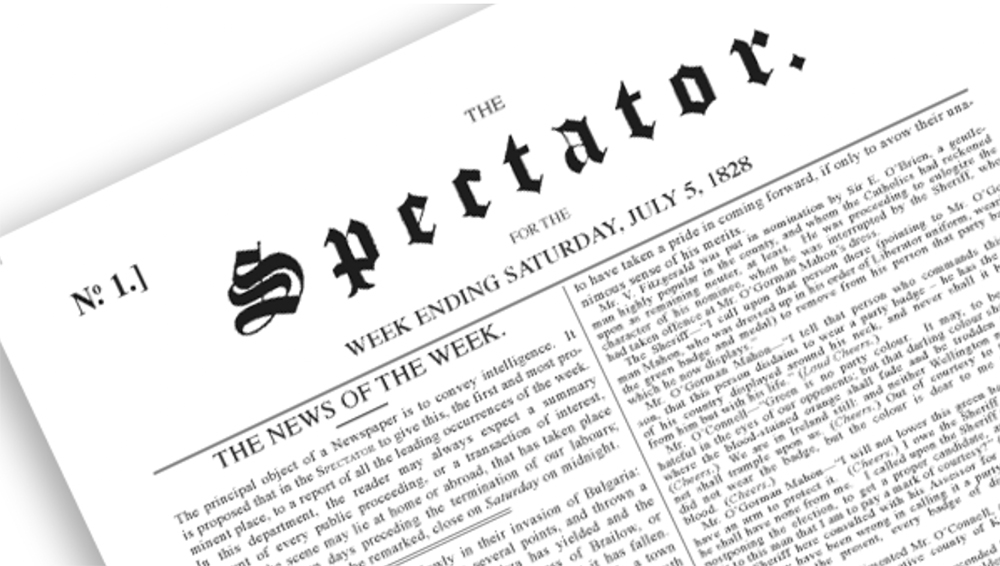Anyone continuing to labour under the misapprehension that the Scottish Green party is primarily concerned with matters environmental should stop doing so, immediately. Yes, the Greens have long attracted those who hold standard left-wing views on issues from the economy to Palestine to gender ideology – but the raison d’être was always saving the planet, wasn’t it? No longer. Today, the Scottish Green party is, first and foremost, a trans rights organisation. Interviewed by Martin Geissler for a BBC Scotland Scotcast episode this week, recently-elected party co-leaders Ross Greer and Gillian Mackay made this abundantly clear. In fact, anybody who does not accept that trans women are women seems to have no place in their party.
The election, last month, of 31-year-old Greer and 34-year-old Mackay as co-leaders of the Greens in a contest that attracted the votes of 950 party members was greeted with great joy by Scotland’s dwindling band of parliamentary sketch writers. Greer was first elected as an MSP for the West of Scotland region in 2016 and marked himself out as a comic archetype by taking the oath of allegiance while holding a raised fist. The image of this pale, middle-class, Christian-camp-on-weekends suburban nerd adopting the defiant stance of the revolutionary prompted one Twitter user to note that while he did not know what ‘Fight The Power’ by Public Enemy sounded like when played on the kazoo, he now knew what it looked like.
Anybody who does not accept that trans women are women seems to have no place in the Scottish Green party
Mackay is ridiculous in her own way. While discussing, on BBC Radio Scotland’s drivetime news programme last April, the decision by former First Minister Humza Yousaf to end the power sharing agreement between the SNP and the Scottish Greens, Mackay broke down in tears. ‘I’m actually quite upset,’ she said, quite unnecessarily, as she sobbed and sniffled. ‘We’ve had two-and-a-half years of working really well together,’ said Mackay, ‘and it’s sad that has all been undone by one person.’
At the time, friends and supporters of the Central Scotland MSP said it was refreshing a female politician was willing to show vulnerability. Others, including a number of female politicians with whom I heartily agreed, felt differently, lamenting the idea that being unable to discuss the structure of government without becoming a blubbering mess should be considered not only a female trait but an admirable one.
The Scottish Greens’ support for the gender reform bill to allow anyone to self-identify into the legally-recognised sex of their choosing was well-established under the previous leadership team of Patrick Harvie and Lorna Slater. However neither of them, at any point, asked some people not to vote for them. Greer and Mackay, elected to the leadership roles last month, have no such qualms.
Asked if someone who was fully committed to the climate cause but did not accept trans women were women would have a place in the Scottish Greens, Mackay said: ‘I think that is probably a red line for us.’ Trans people, she said, had been ‘massively targeted over the past few years, entirely wrongly, by a great number of people, and they just want to go and live their lives.’ It was, added Mackay, a matter of basic human decency “in some cases”. Trans people, she said, just wanted to exist in public spaces.
Asked about April’s Supreme Court Ruling in the case of For Women Scotland versus The Scottish Government – that the terms sex and women in the Equality Act mean biology rather than gender identity – Greer said the law could be changed. ‘We would argue,’ he said, ‘that the Equality Act clearly does need to be changed to clarify the rights of trans people, and in this case in particular, trans women.’
Then came an incoherent lesson on the history of the Greens. There was an idea that the matter of trans rights was something new, a distraction taking the party away from its core cause but actually, ‘the cause of LGBT equality’ had been the DNA of every Green party since the movement began in the 70s. If those who founded the Green movement half a century ago were talking about ‘LGBT’ anything, I’d be most surprised.
Greer went on. Among those who joined with the environmental movement to create the first Green parties were members of the ‘queer liberation movement’. But it was his reply to the question of whether someone would be welcome in the party if they did not agree with the leadership on sex and gender that confirmed the Scottish Greens’ prioritisation of trans issues. ‘Would you expect,’ asked Greer, ‘the SNP to welcome people who oppose Scottish independence?’
And, of course, nobody would. But the SNP was founded in order to campaign for and achieve Scottish independence. The Greens did not come together in a mission to allow men who say they’re women to gain access to women’s single-sex spaces like changing rooms or refuges. Nor was the Green party founded on the principle that biological males should be allowed to participate in women’s sports or that male rapists should be locked up in female prisons.
The Scottish Greens’ co-leaders doubled down on trans issues as the grip of activists on institutions across the UK loosens. High profile cases such as that of nurse Sandie Peggie – the nurse of 30 years service currently suing NHS Fife and trans identifying doctor Beth Upton after being expected to share a changing room with a biological male – have cut through with voters who, while continuing to adopt a live-and-let-live view of trans people, do not accept the erosion of women’s rights at the behest of gender ideologues.
Voters do not like this stuff and mainstream politicians are starting to realise and to shape their party’s positions accordingly. So Greer and Mackay’s extreme position is, in a way, smart politics. There remains a solid enough middle class vote in Scotland for the Greens to do perfectly well campaigning on the slogan ‘trans women are women’ at next May’s Holyrood election.
When the Scottish parliament opened in 1999, Robin Harper became the first elected Green parliamentarian in the UK. In 2023, Harper resigned from the party he once led, citing differences over gender issues and Scottish independence. A year later, he joined Labour. It’s little surprise Robin Harper no longer felt at home in the party he once led. The Scottish Green party has fully transitioned. Its MSPs no longer pass as environmental campaigners.








Comments